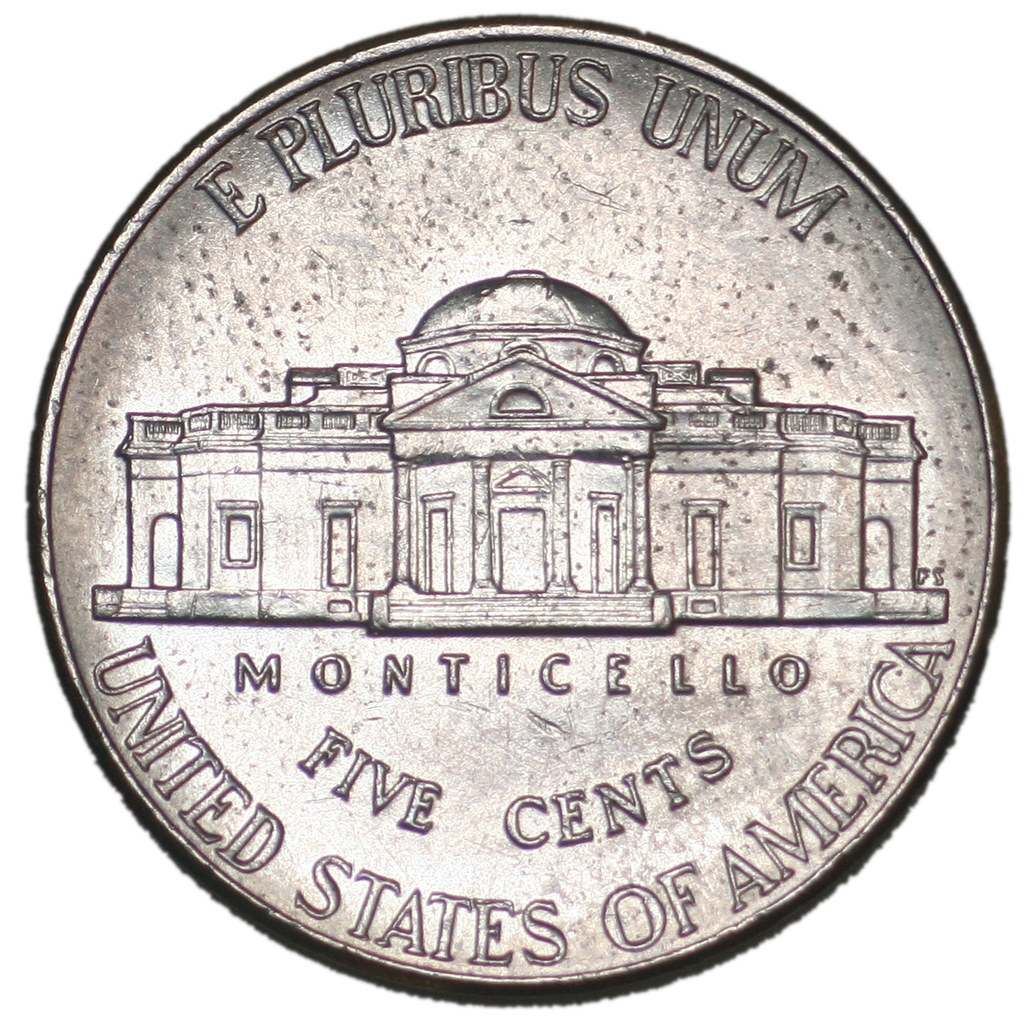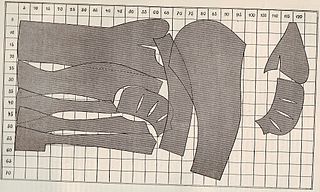We are currently looking for a new staff member for my team. We’ve had dozens of applications, but only two have been interesting. We have invited them both for interviews. I hope it becomes clear who is better for us, because at the moment, based on their CVs, it’s a dead heat (Unentschieden).

Another idiom that comes to us from the world of horse racing – where a dead heat is a race in which two or more horses finish exactly equal. But why the words „dead“ and „heat“? As mentioned in a previous post the word dead also has an additional meaning besides not alive. This meaning – exact, or precise which gives us expressions like deadline, dead ringer, or dead centre – is what is meant in this idiom. A heat is the name of a qualifying round in a race before the final.




 My boss is not an easy person to work with. He can become angry very quickly, even on a good day. But today is not a good day. This morning we found out that our biggest client was moving to our biggest competitor. Everyone in the office has been walking on eggshells (Eiertanz aufführen).
My boss is not an easy person to work with. He can become angry very quickly, even on a good day. But today is not a good day. This morning we found out that our biggest client was moving to our biggest competitor. Everyone in the office has been walking on eggshells (Eiertanz aufführen).

 The idiom comes from the name of the two sides of a coin in English. On one side is the „head“ and so the opposite side is called the „tail“ (no matter what picture is show on the coin). For example, if you toss a coin to help you make a decision, while the coin is in the air, you call either „heads“ or „tails“. So the idiom „can’t make head or tail of it“ means that something is unclear and confusing no matter what side you look at it from.
The idiom comes from the name of the two sides of a coin in English. On one side is the „head“ and so the opposite side is called the „tail“ (no matter what picture is show on the coin). For example, if you toss a coin to help you make a decision, while the coin is in the air, you call either „heads“ or „tails“. So the idiom „can’t make head or tail of it“ means that something is unclear and confusing no matter what side you look at it from. The origin of this idiom is even more sinister and criminal than what you can find in the examples above. It comes from the American gangster underworld of the 20s and 30s. If a gang was unhappy with you for some reason, you would be invited to „take a ride“ in a car with a couple of their members to „discuss“ the problems you were having. Normally that was the last anyone saw of you. Maybe the police would find your body some days or weeks later. Maybe not.
The origin of this idiom is even more sinister and criminal than what you can find in the examples above. It comes from the American gangster underworld of the 20s and 30s. If a gang was unhappy with you for some reason, you would be invited to „take a ride“ in a car with a couple of their members to „discuss“ the problems you were having. Normally that was the last anyone saw of you. Maybe the police would find your body some days or weeks later. Maybe not. his idiom originates from the 1600s. It is connected to the work done by a tailor. When a tailor has cut out the cloth needed for the piece he or she is working on, it becomes clear just how much work there still is to be done. So to have your work cut out means it’s easy to see that there is a lot of work that you still have to do.
his idiom originates from the 1600s. It is connected to the work done by a tailor. When a tailor has cut out the cloth needed for the piece he or she is working on, it becomes clear just how much work there still is to be done. So to have your work cut out means it’s easy to see that there is a lot of work that you still have to do.